How Often Should Dogs Poop? A Guide to Understanding Your Dog's Digestive Health
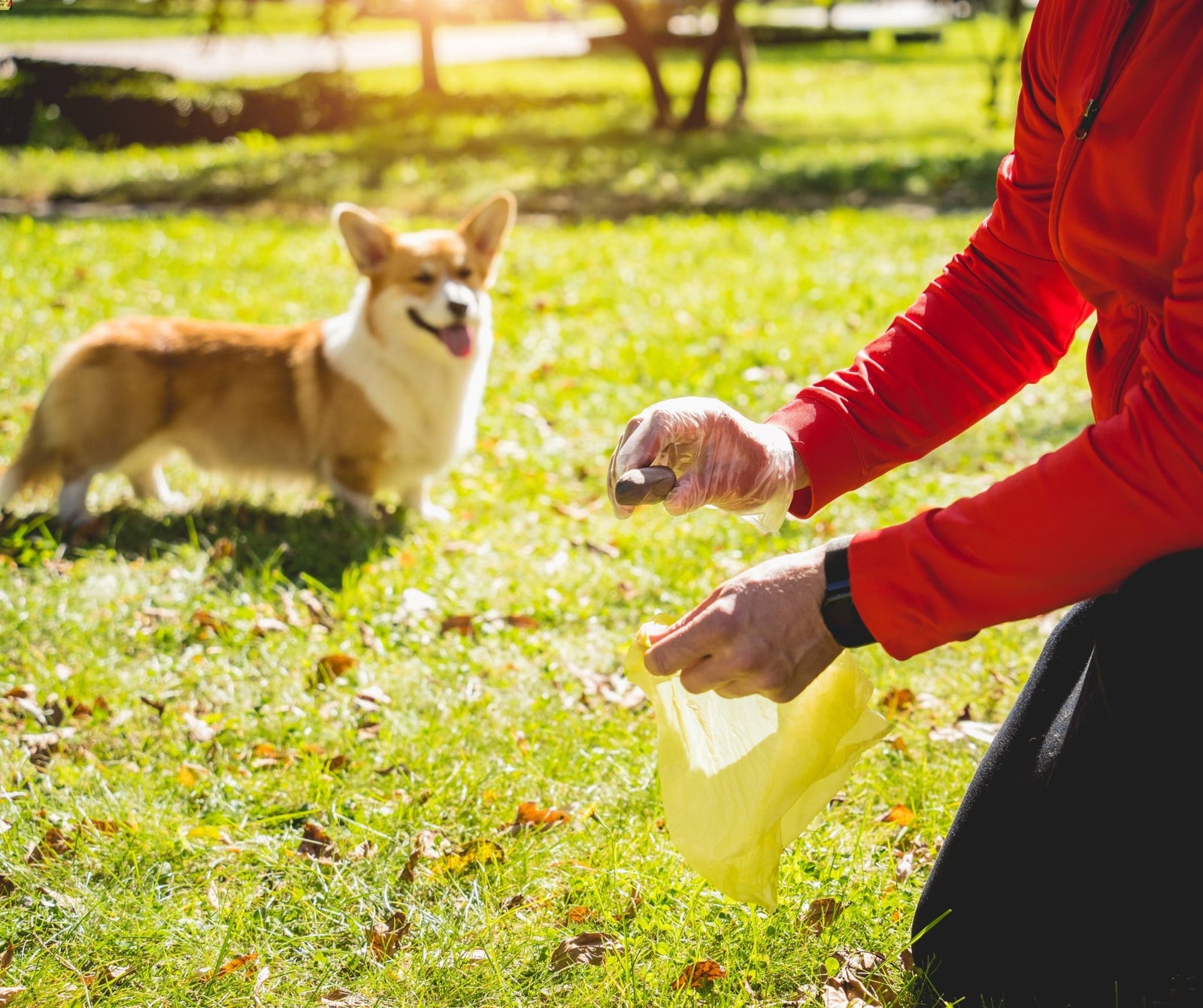
As dog owners, ensuring the health and well-being of our furry friends is a top priority. One critical aspect of canine health is understanding your dog's digestive system, particularly their bowel movements. Regular and healthy pooping is a key indicator of your dog’s overall health. But how often should dogs poop? Let’s delve into this important question and explore the factors that influence your dog’s potty habits.
The Norm: What’s Typical for Dogs?
On average, most dogs poop between one to five times a day. However, this range can vary based on several factors, including the dog’s age, diet, size, activity level, and individual digestive health. Puppies tend to poop more frequently than adult dogs, often going after each meal due to their faster metabolism and digestive processes. In contrast, adult dogs generally poop one to three times a day, as their digestive system is more settled. Senior dogs may have a slower digestive process and could poop less frequently, but any significant changes should be monitored closely.
Factors Influencing Your Dog’s Pooping Frequency
-
Diet: The type of food your dog eats plays a significant role in their digestive health. High-fiber diets can increase the frequency of bowel movements, while diets high in protein and low in fiber might result in fewer poops.
-
Hydration: Proper hydration is crucial for digestion. Dogs that drink adequate water will have softer stools and may poop more regularly, while dehydration can lead to constipation and irregular bowel movements.
-
Physical Activity: Regular physical activity stimulates digestion and helps maintain regular bowel movements. Dogs with an active lifestyle tend to have more consistent pooping patterns.
-
Health Issues: Various health issues can affect your dog’s bowel movements. Conditions like gastrointestinal infections, irritable bowel syndrome, or parasites can lead to changes in frequency, consistency, and appearance of stool.
-
Stress and Routine Changes: Changes in environment, routine, or stressful situations can impact your dog’s digestive system, potentially increasing or decreasing bowel movement frequency. Read more about recognising your dogs stress and tips for calming anxious dog.
What’s Considered Normal?
Consistency is key when it comes to your dog’s pooping habits. As a pet owner, it’s important to monitor and recognize what’s normal for your dog. Normal stool is well-formed, slightly firm, and easy to pick up, with a color that can range from medium to dark brown. Abnormal stool is loose, watery, very hard, or contains unusual colors like red, black, or white. These signs warrant a visit to the veterinarian.
When to Be Concerned
While variations in pooping frequency are normal, sudden and significant changes should be monitored. If your dog hasn’t pooped for more than 48 hours, or if they exhibit symptoms like vomiting, loss of appetite, lethargy, or visible discomfort, it’s essential to seek veterinary advice promptly.
Tips for Maintaining Healthy Bowel Movements
- Balanced Diet: Feed your dog a well-balanced diet rich in fiber and nutrients. Avoid sudden changes in their diet to prevent digestive upset.
- Regular Exercise: Ensure your dog gets regular physical activity to stimulate digestion and maintain overall health.
- Proper Hydration: Always provide fresh, clean water to keep your dog hydrated.
- Veterinary Visits: Regular veterinary visits can help catch and address any potential digestive issues early on.
- Probiotics: Probiotics support a healthy gut flora, aid in digestion, and can help regulate bowel movements, reducing the likelihood of diarrhea or constipation. FlexiPaw Probiotic Gut Health Chews help promote a healthy balance of bacteria in your dog’s gut, leading to better digestion and nutrient absorption for enhanced overall well-being.
Understanding and monitoring your dog’s pooping habits is a vital part of responsible pet ownership. By paying attention to their bowel movements, you can ensure your canine companion stays happy, healthy, and comfortable. After all, a healthy digestive system is a cornerstone of your dog’s overall well-being.
Disclaimer: The content on this website is for educational purpose only. We recommend you talk to your veterinarian if you have any concerns, if the lameness worsens or are unsure. Products on this website are not intended to diagnose, cure, treat or prevent any disease. The statements made on this website have not been evaluated by the Food and Drug Administration.



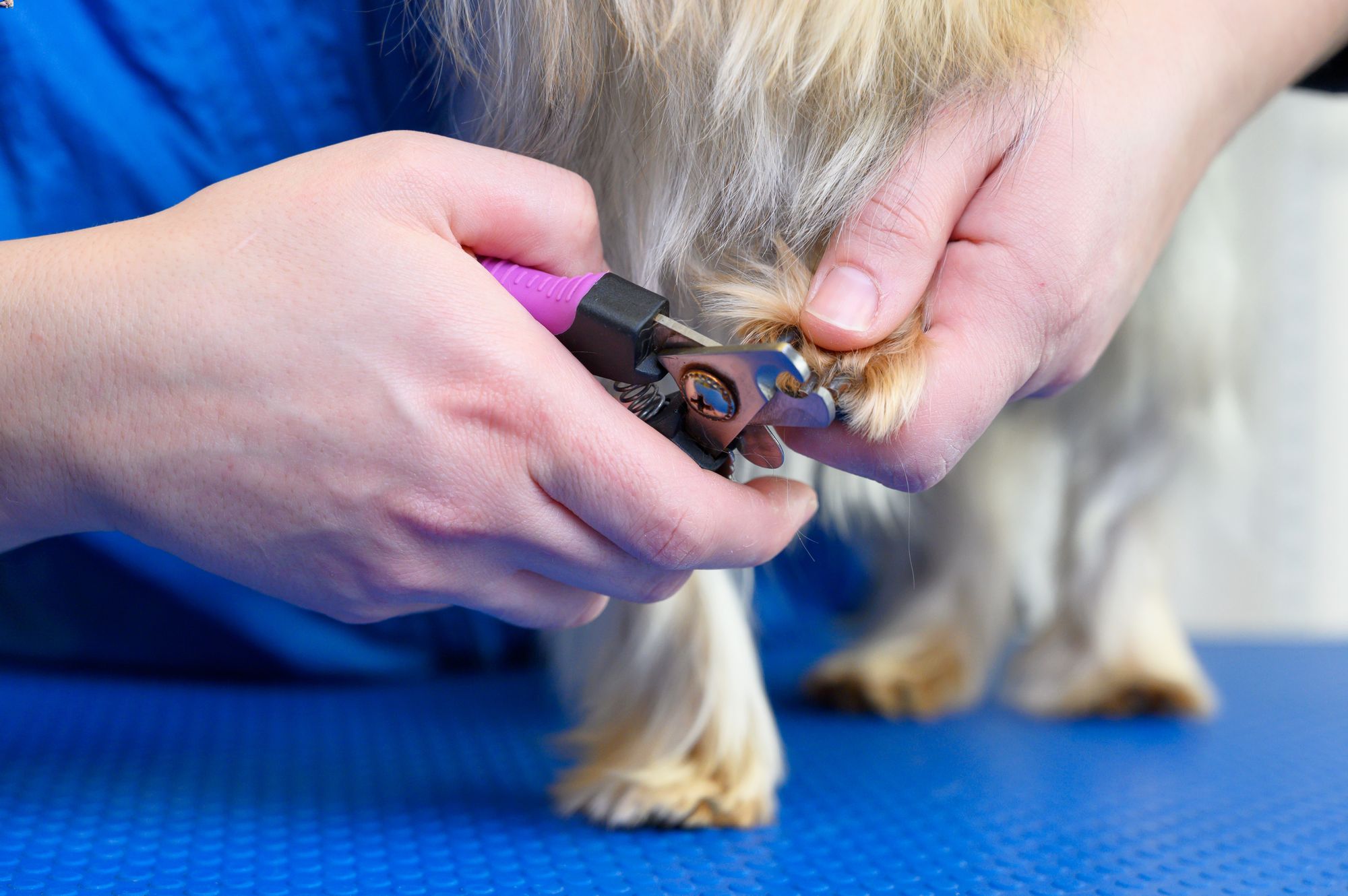
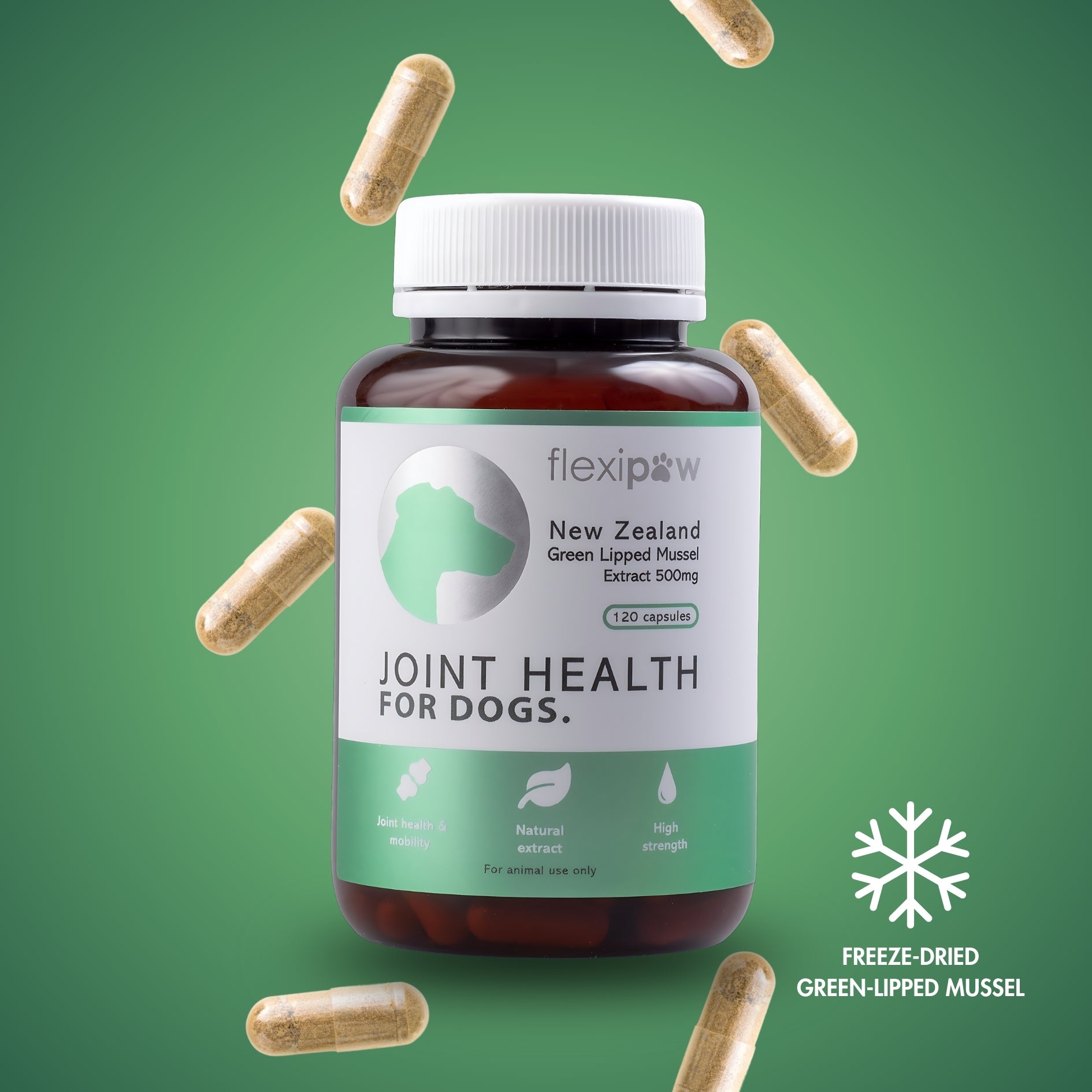

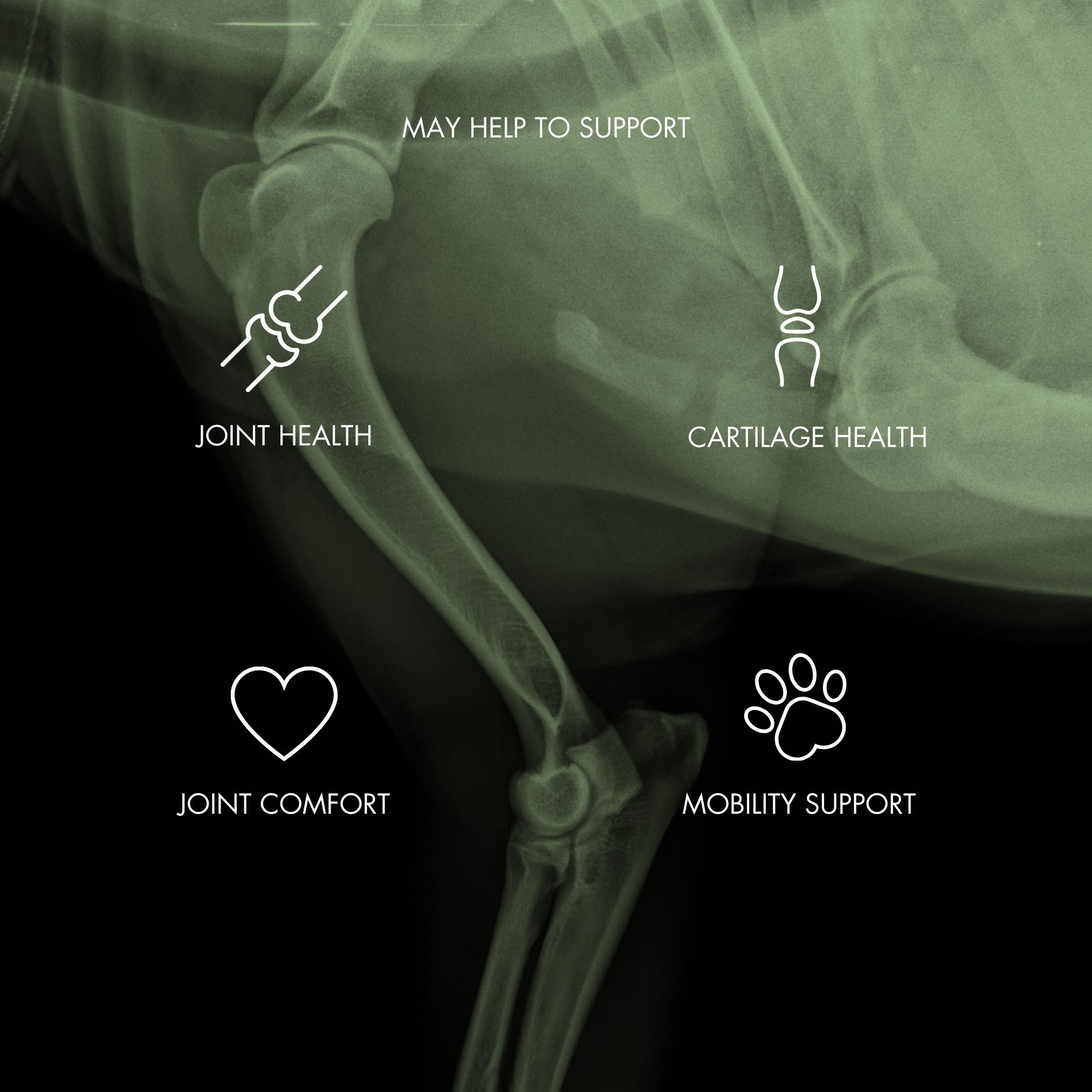
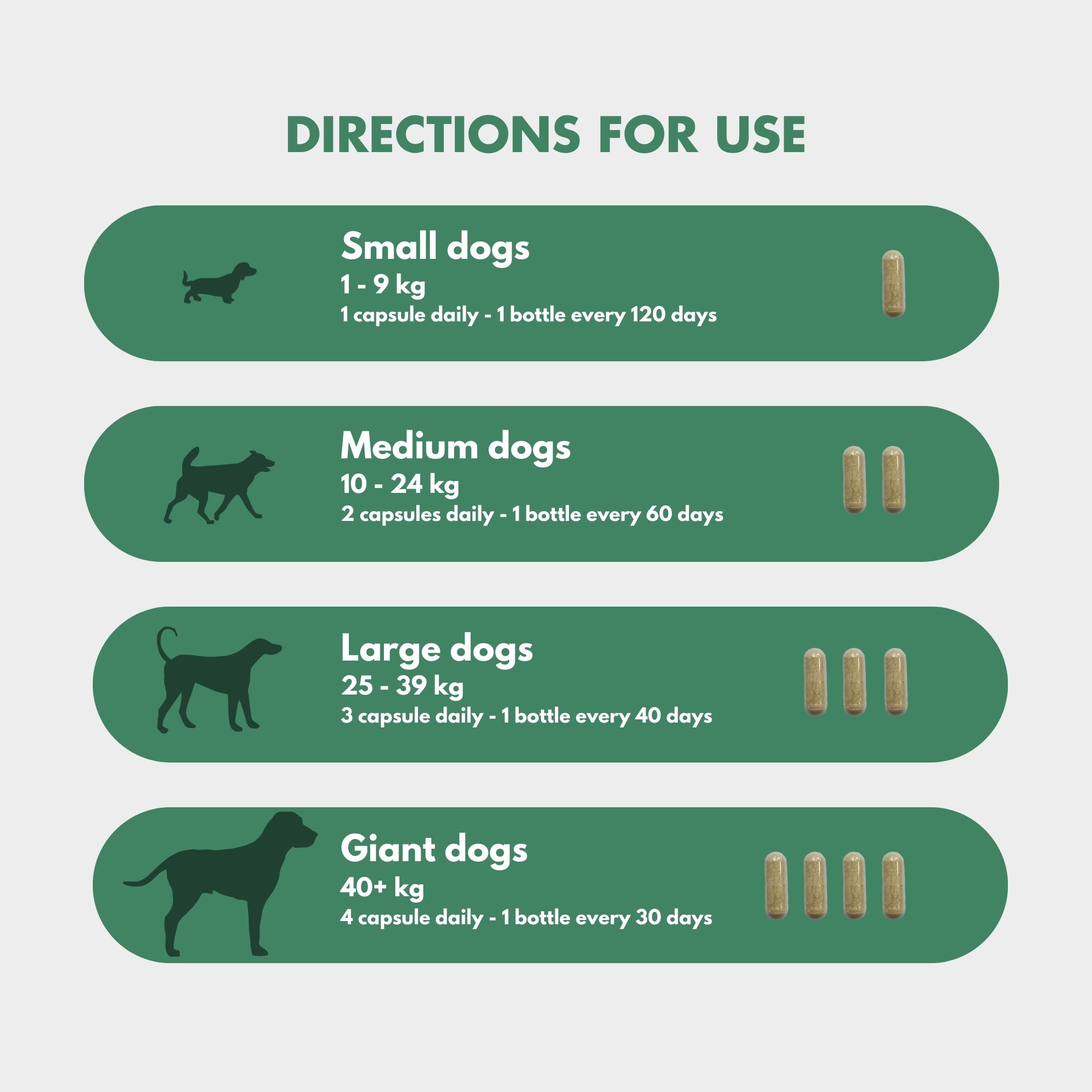
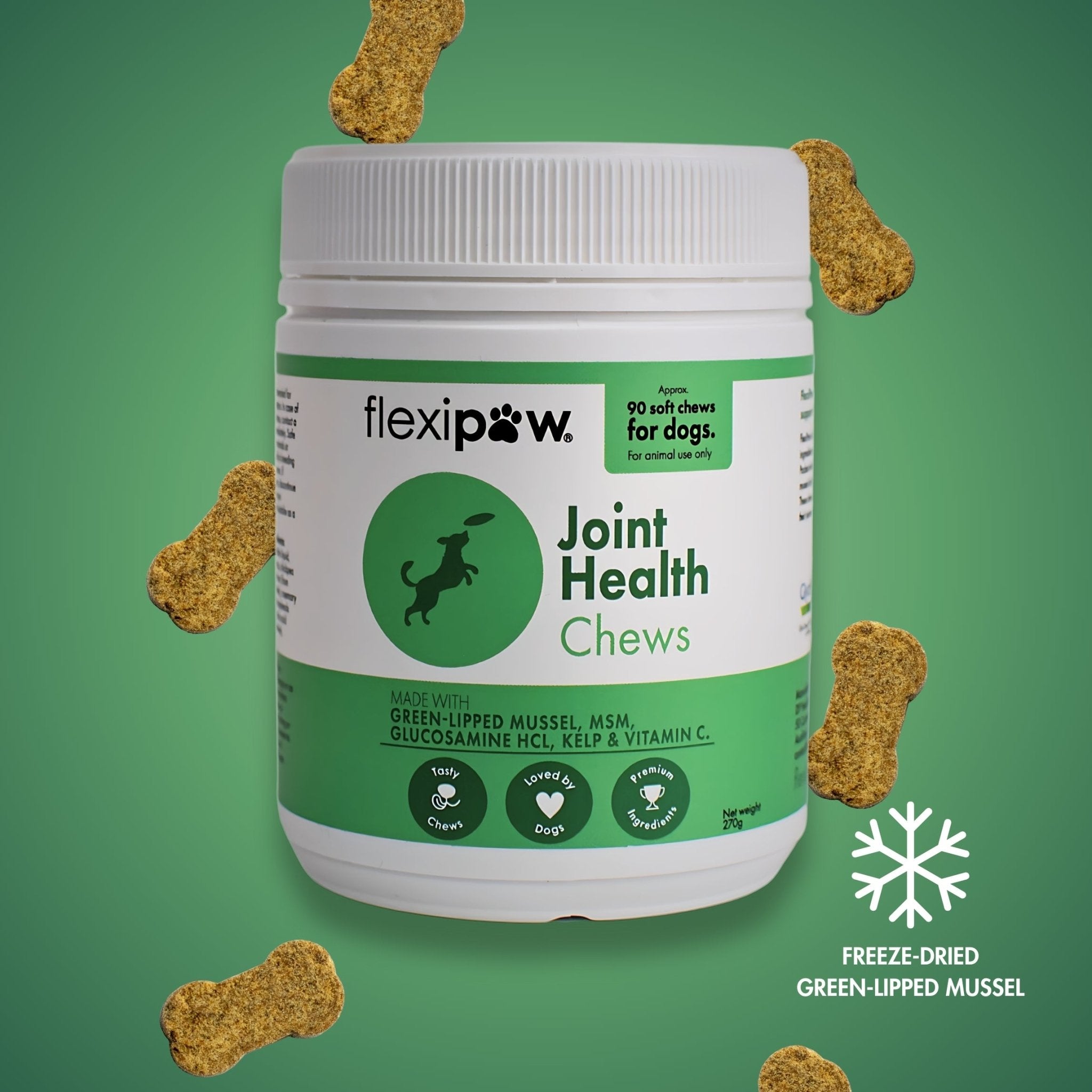
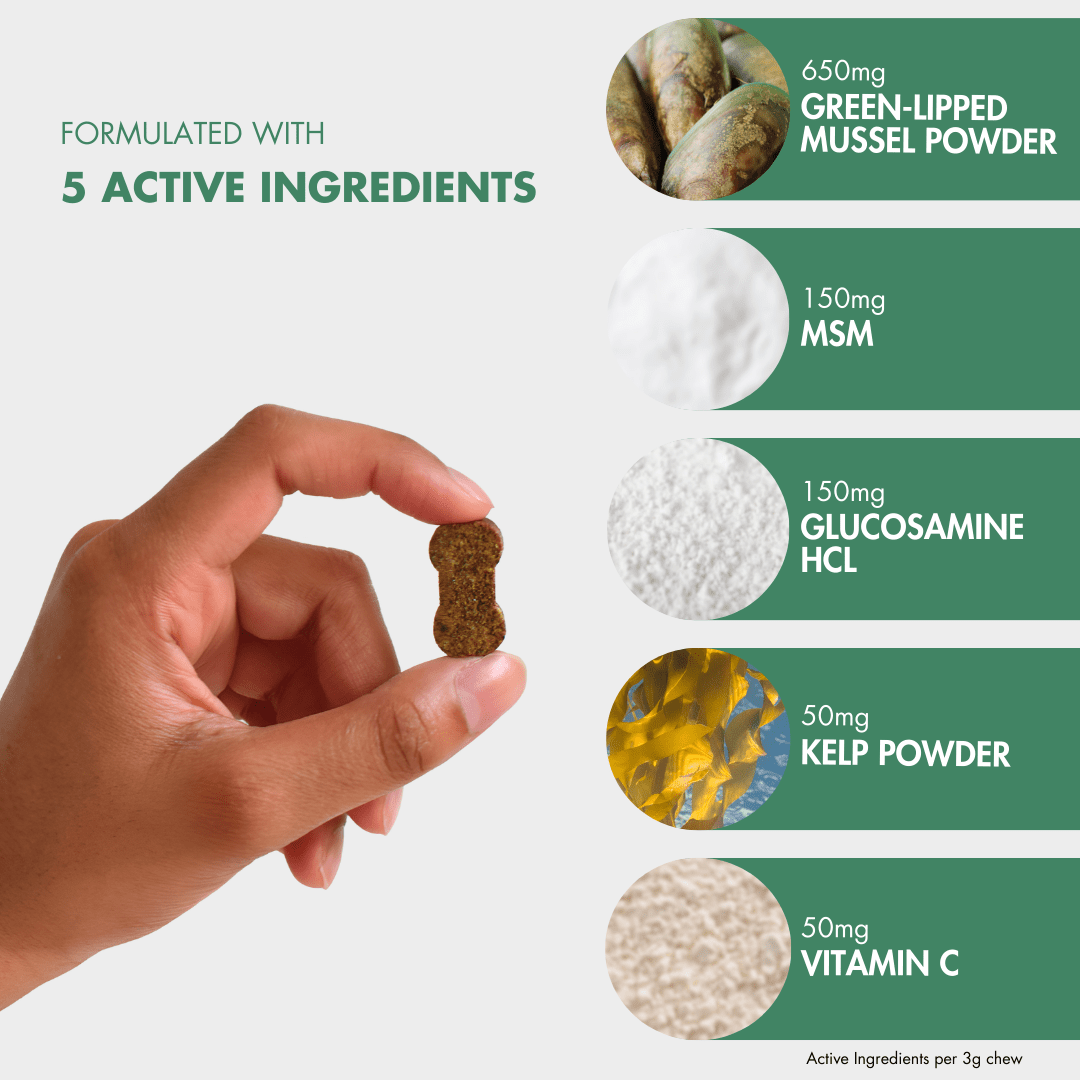
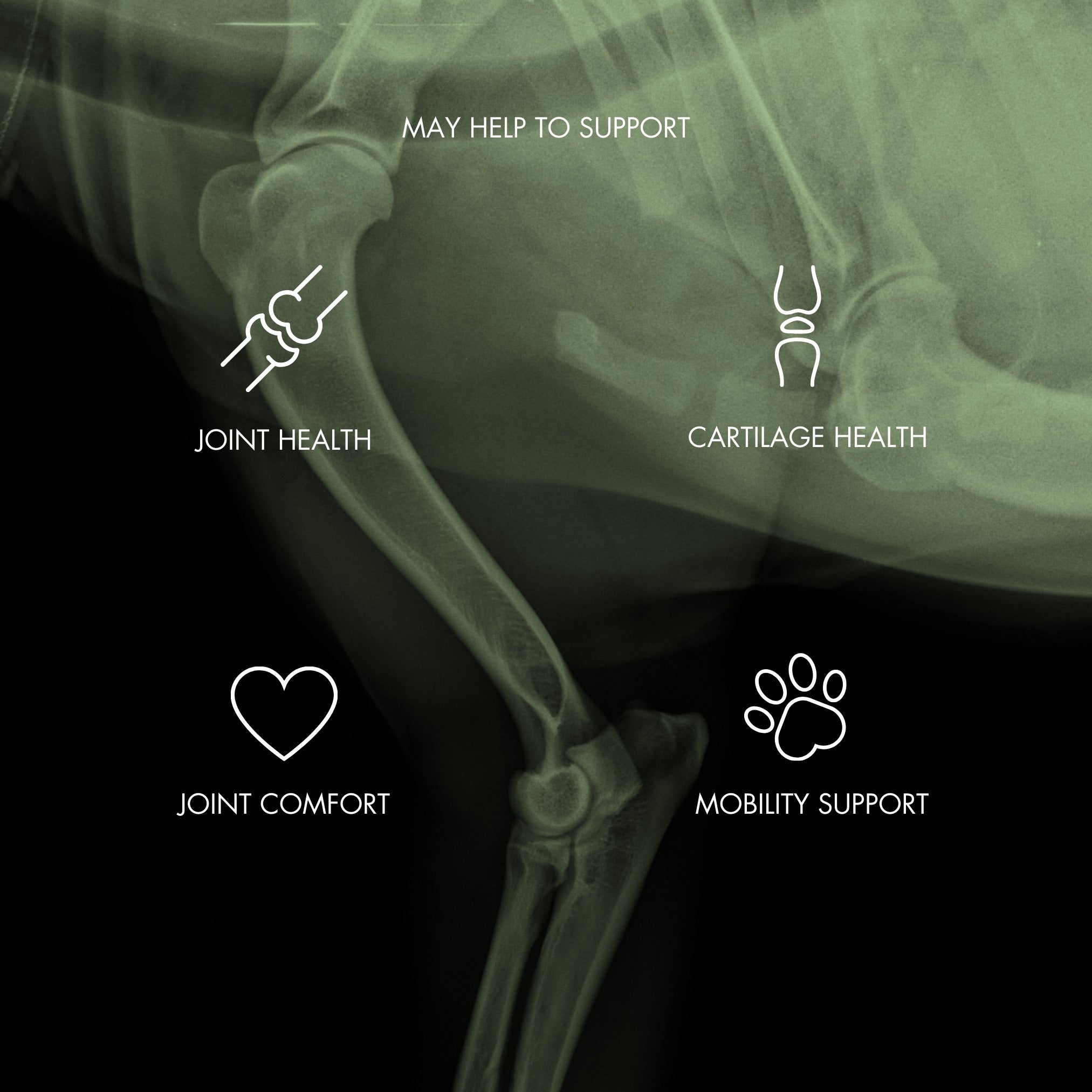
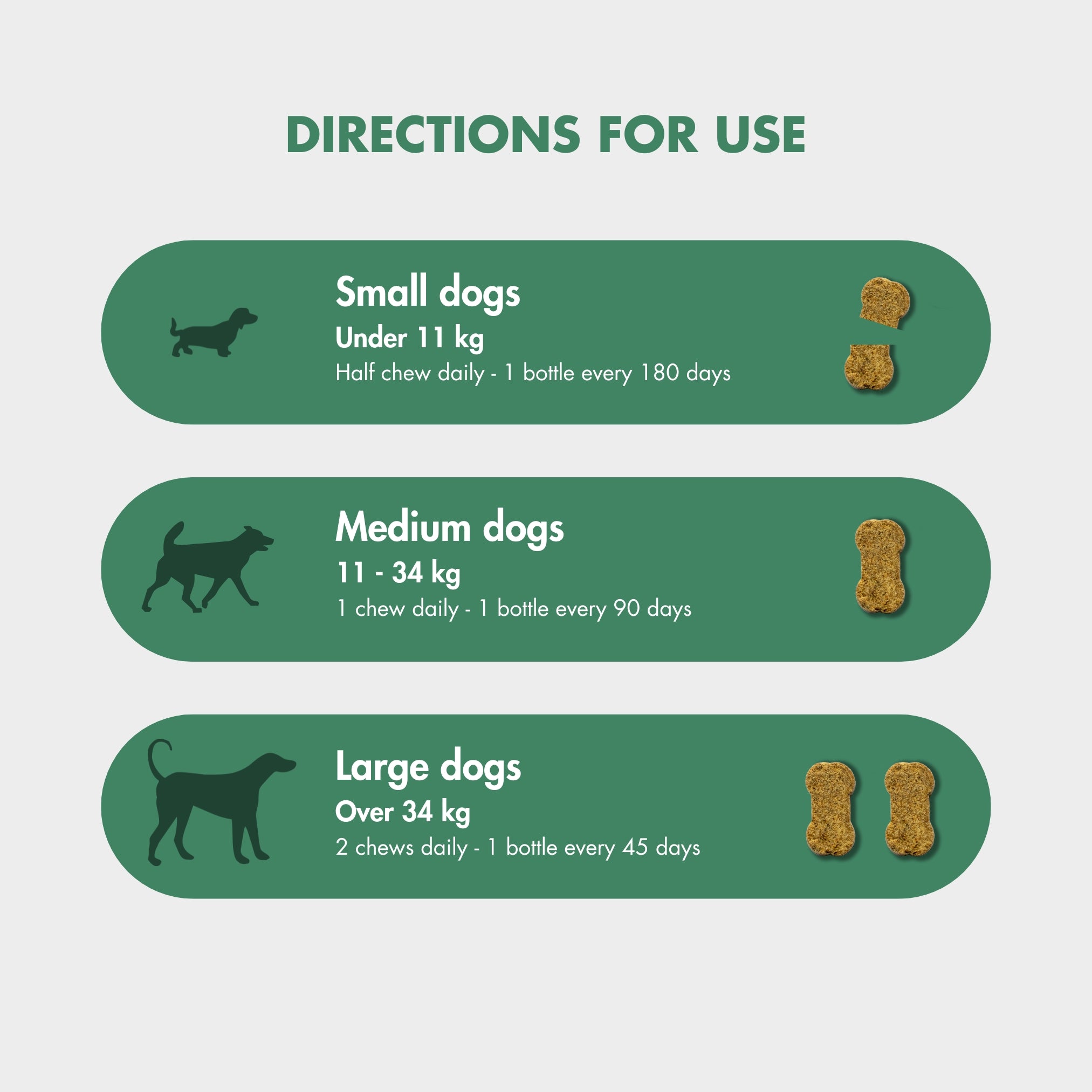
![FlexiPaw Calm & Relax Chews for Dogs - Soft chews made with Ashwagandha, L-Theanine, Chamomile & Passion Flower to help relieve dog anxiety and promote relaxation. [270g container]](http://flexipaw.com/cdn/shop/files/website_slider_CALMING_b2a57442-9be6-4f29-82ec-67f758fb05dc.jpg?v=1726977474&width=4050)
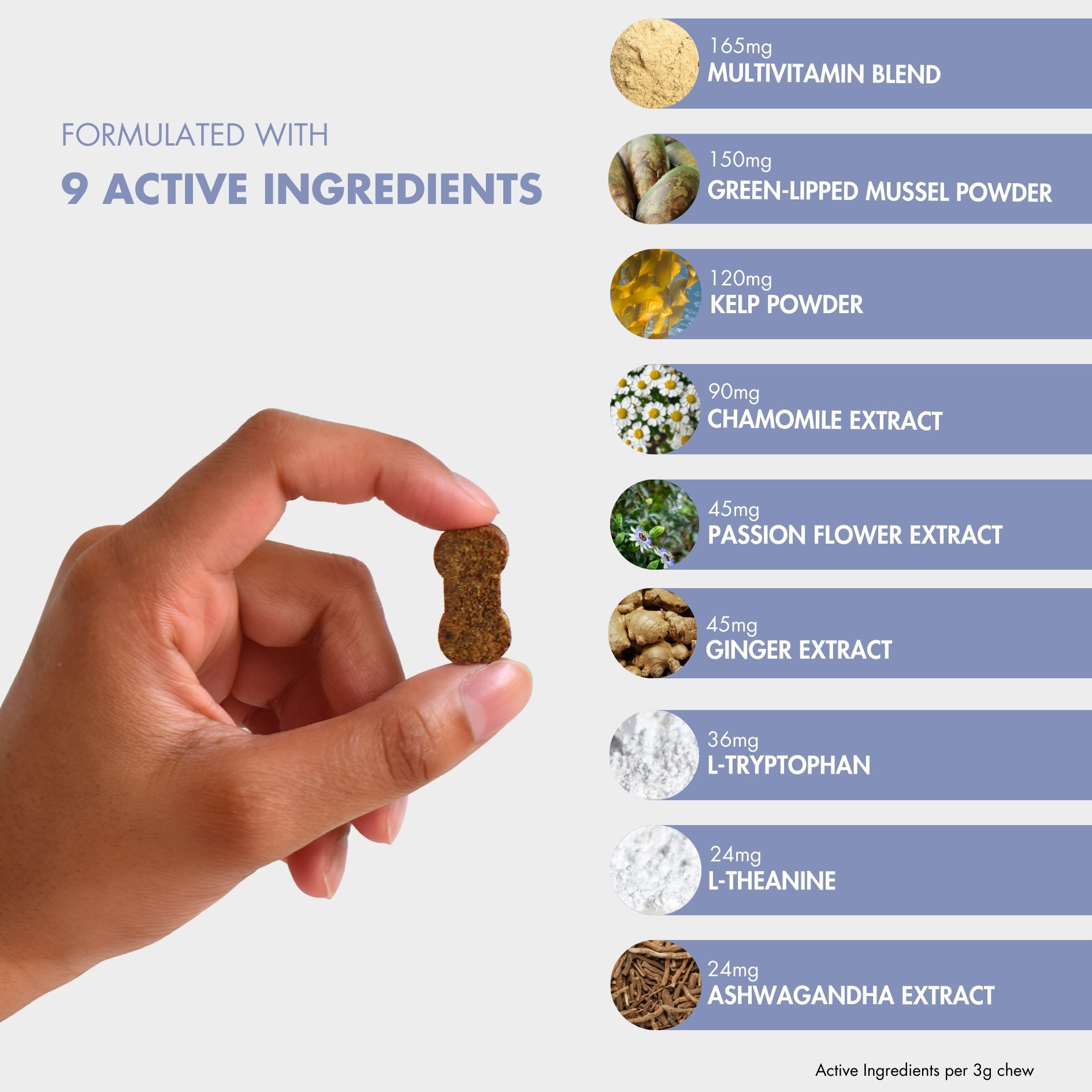
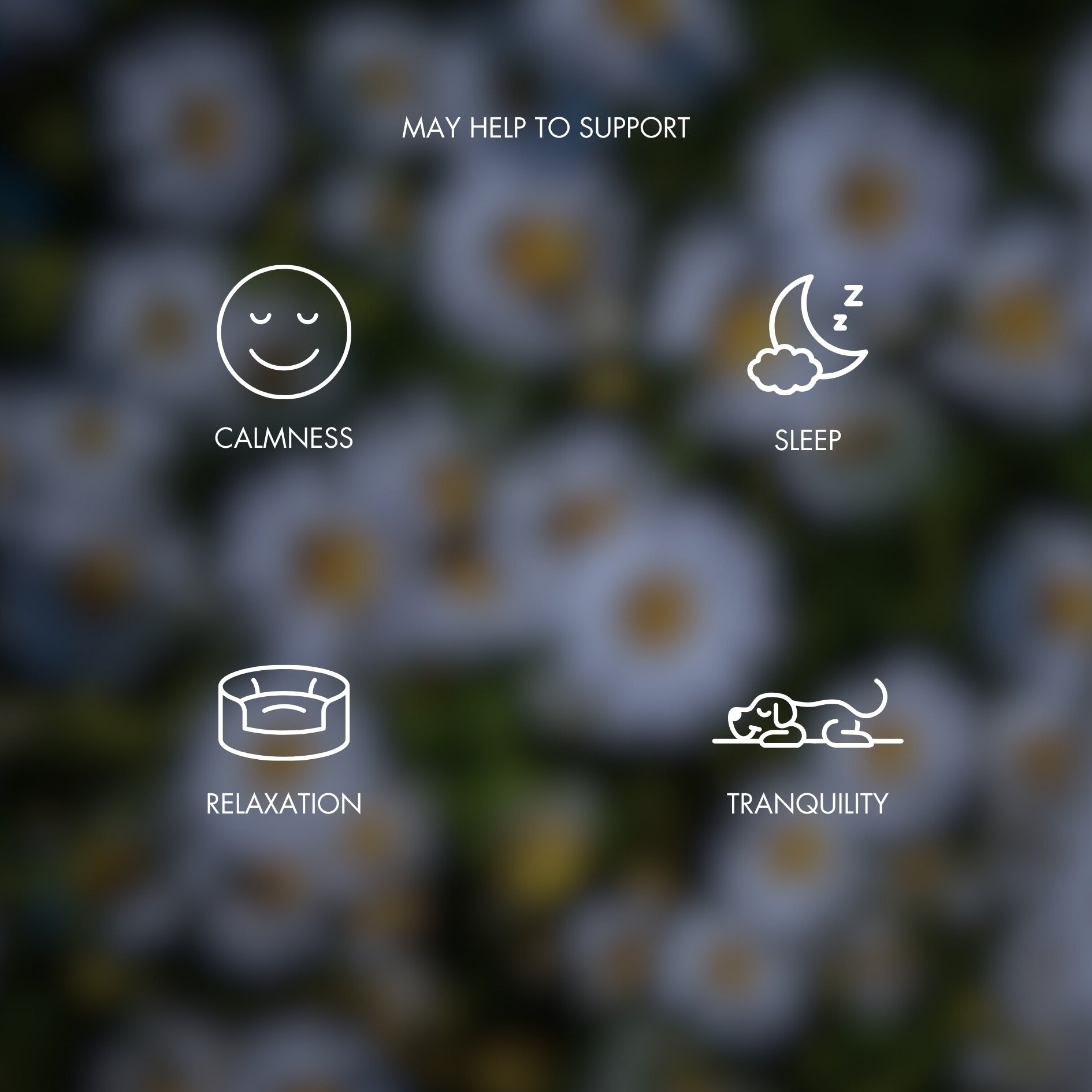
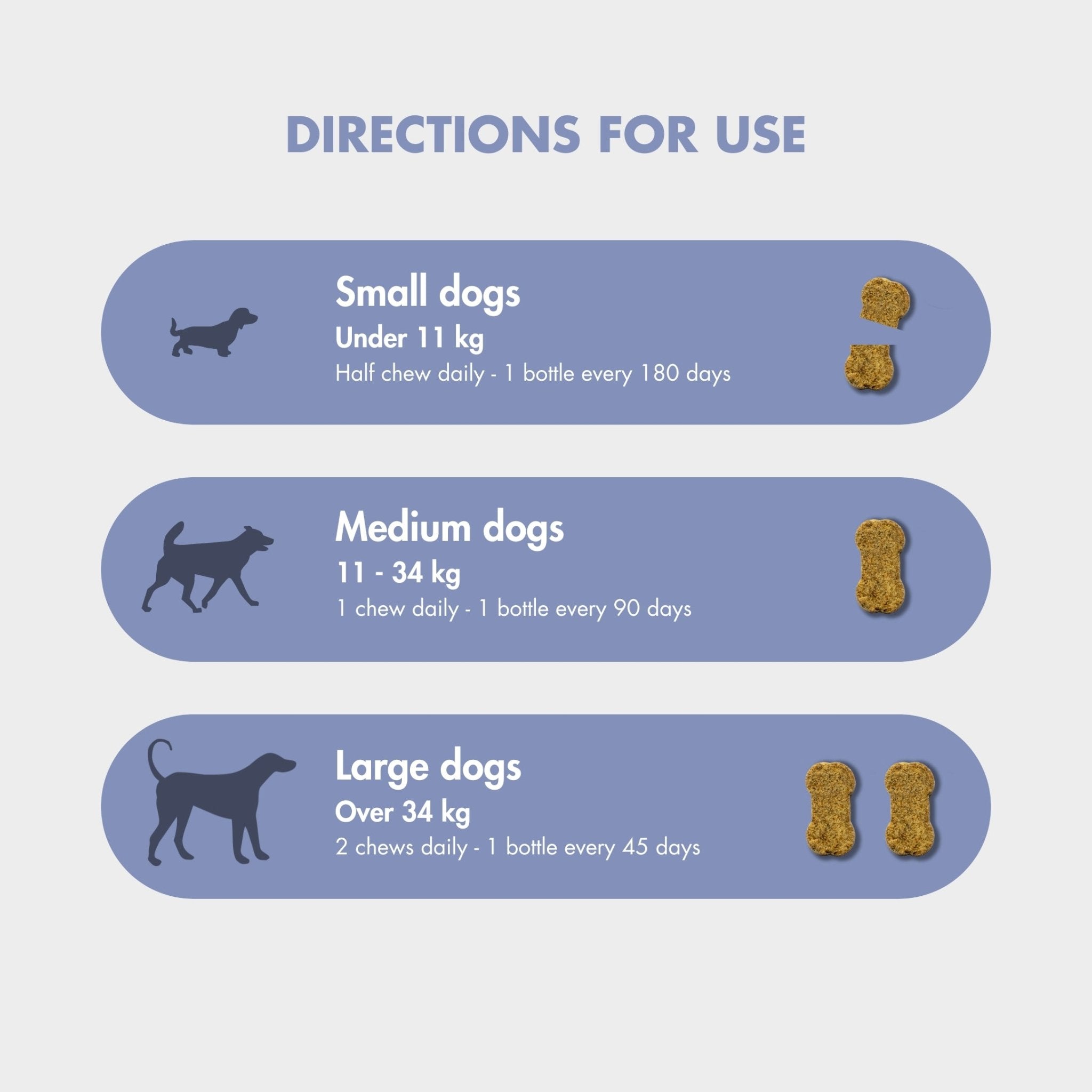
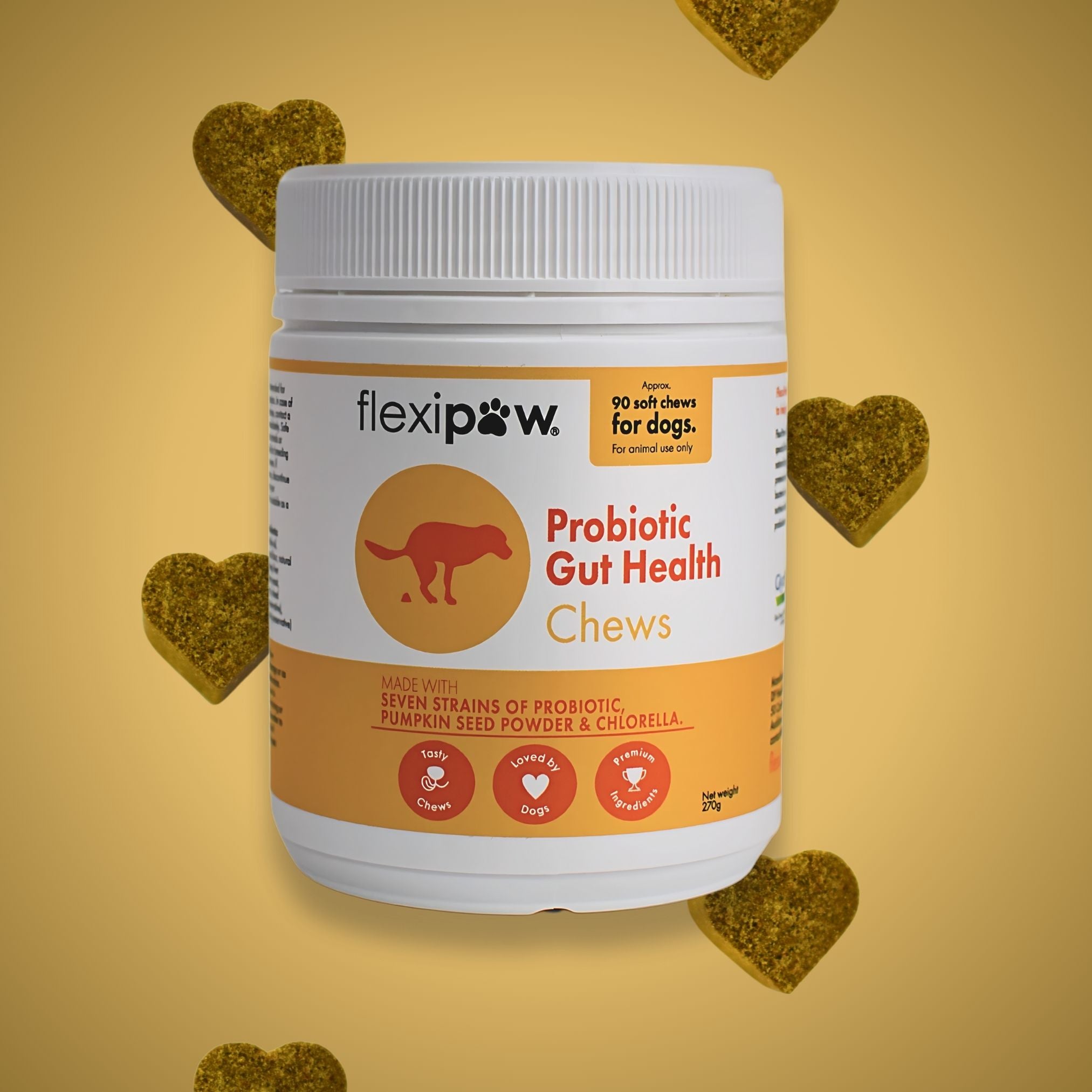
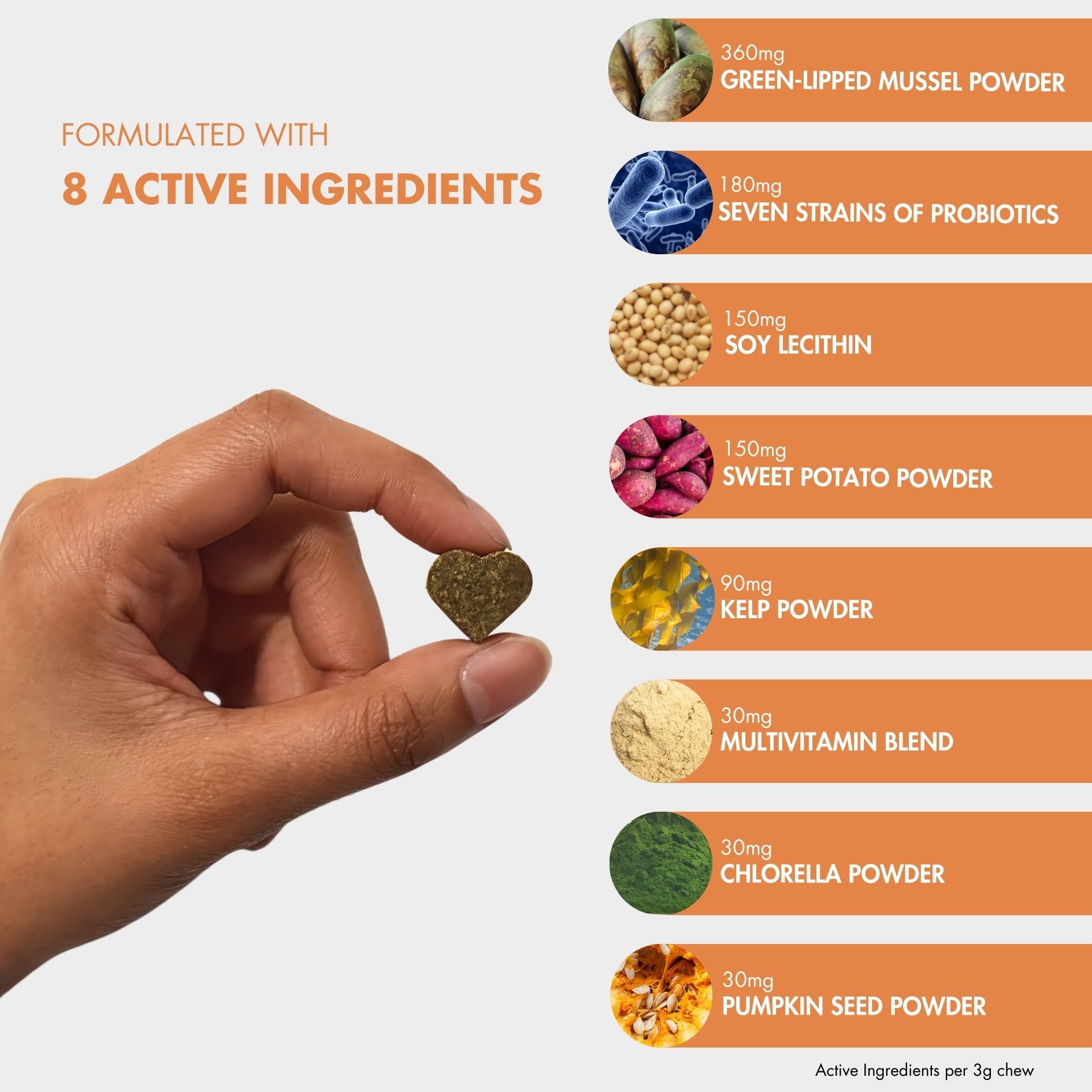
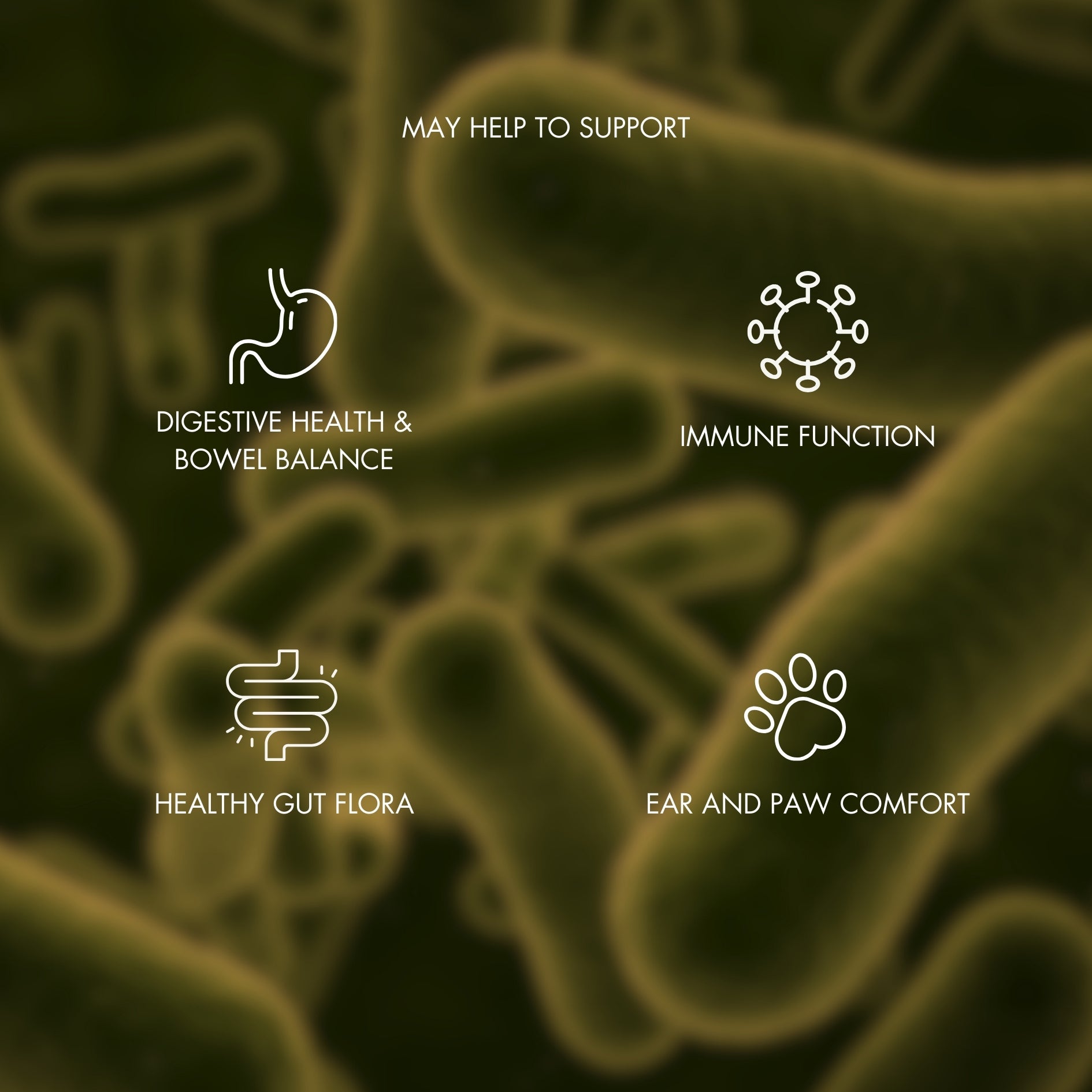
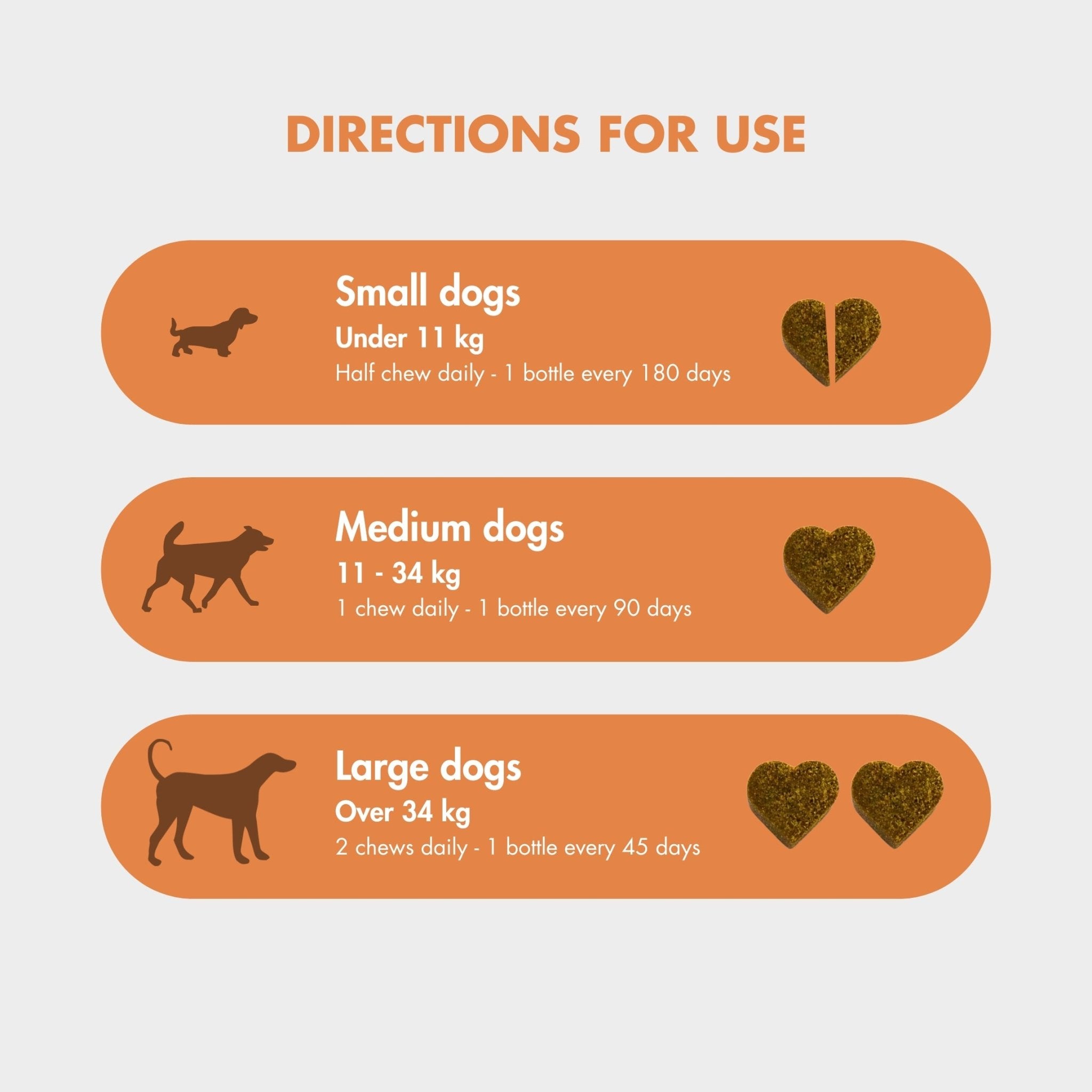
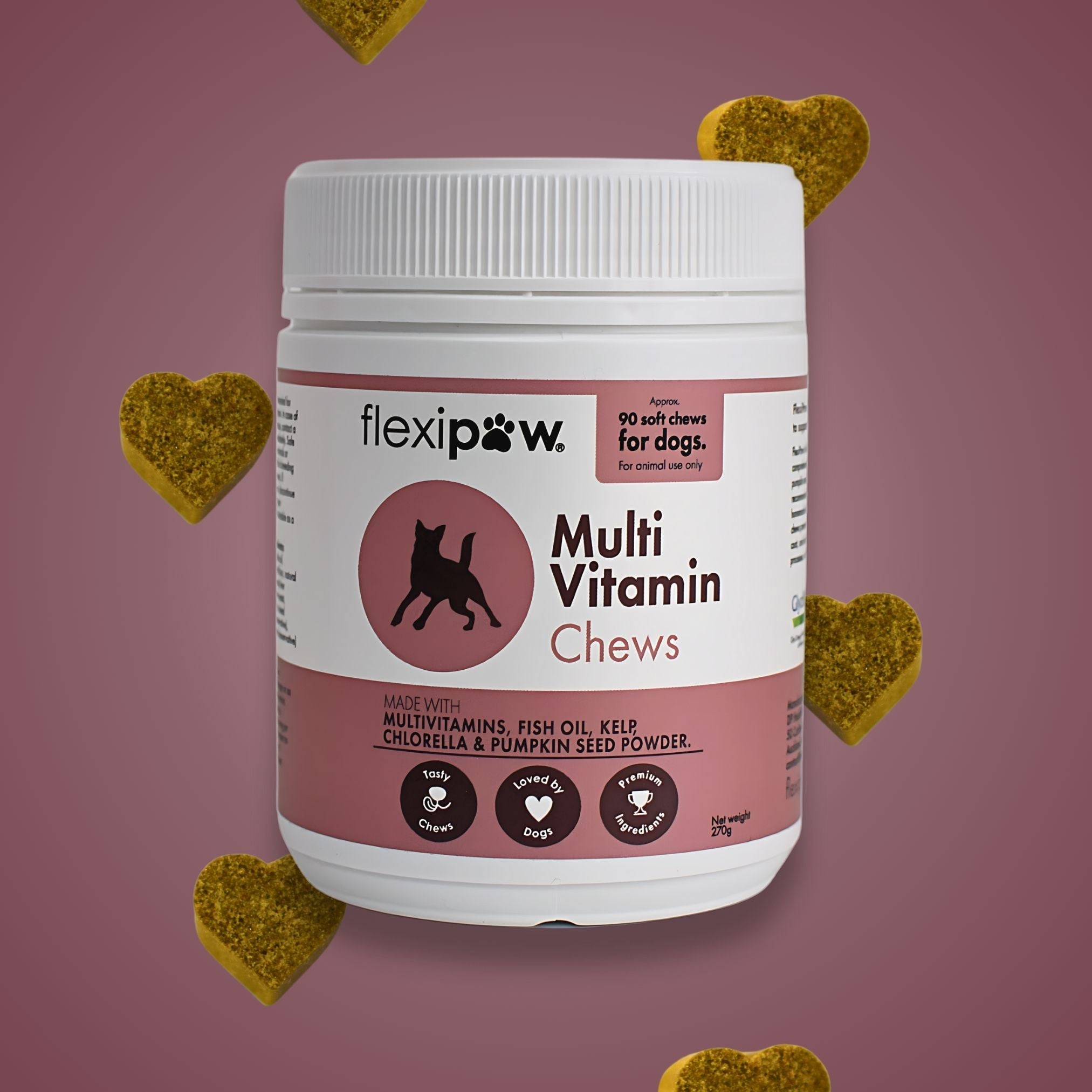
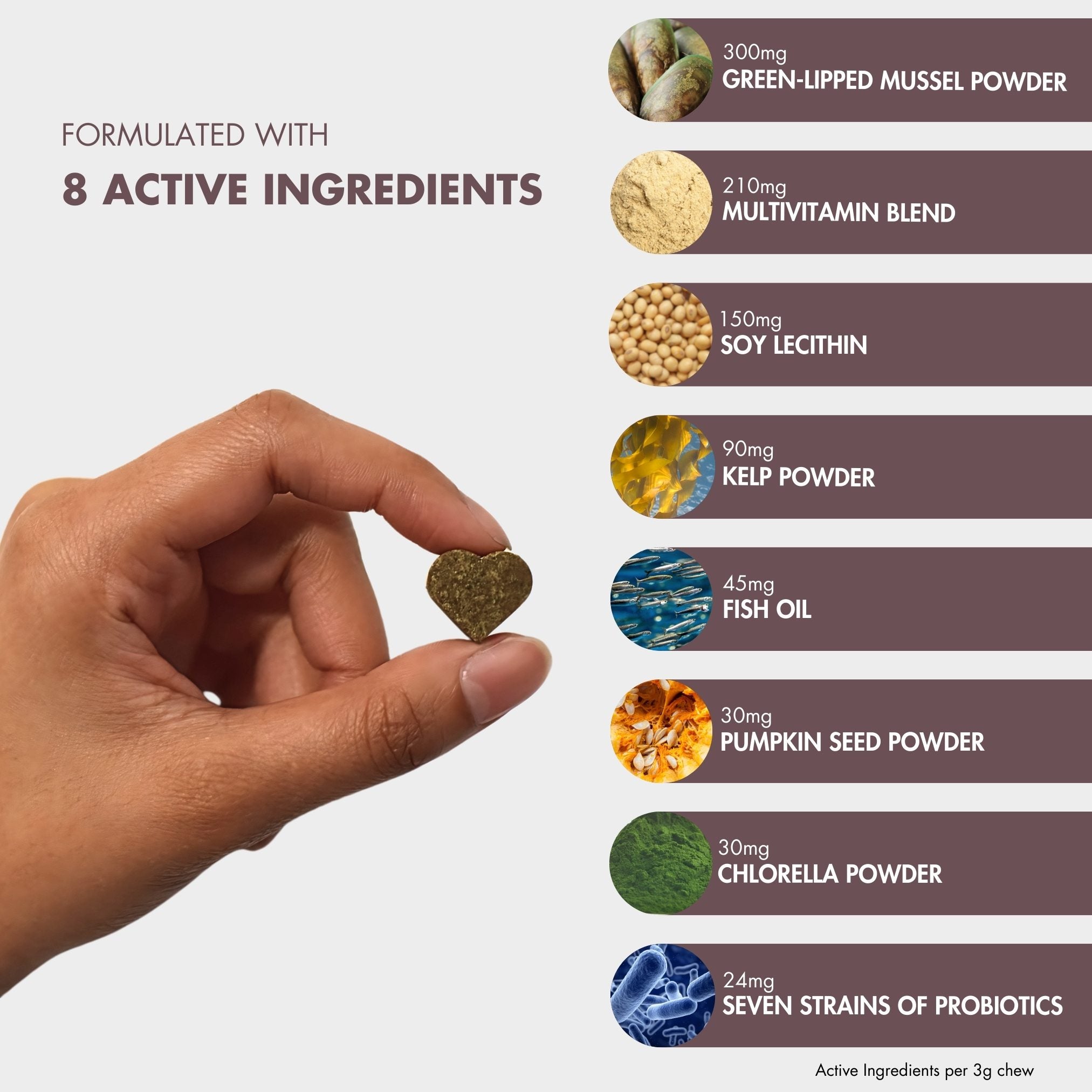

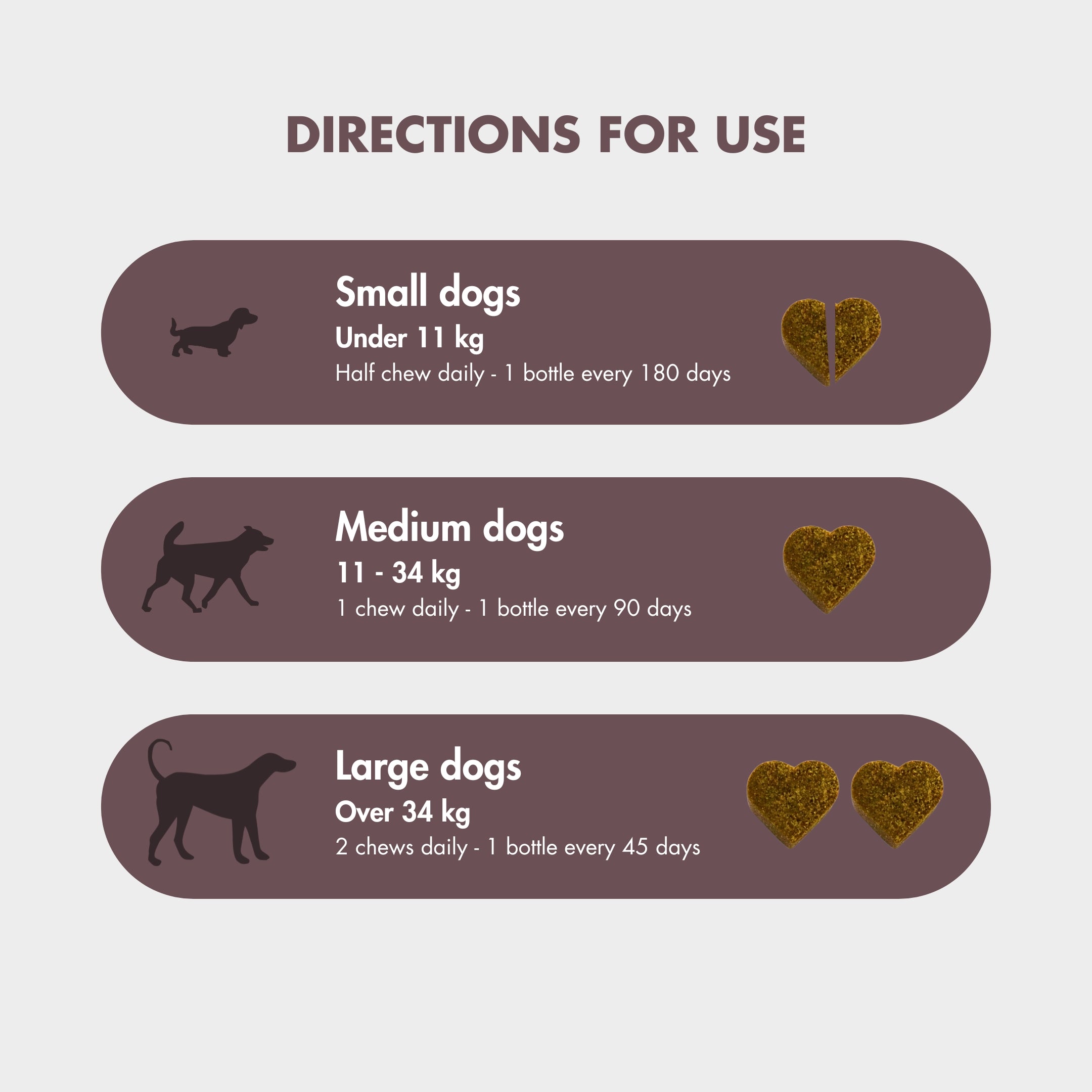



Leave a comment